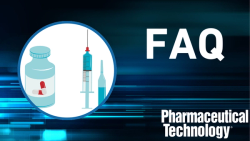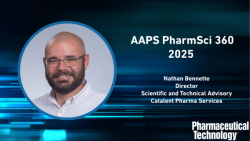
OR WAIT null SECS
- About Us
- Advertise
- Contact Us
- Editorial Info
- Editorial Advisory Board
- Do Not Sell My Personal Information
- Privacy Policy
- Terms and Conditions
© 2026 MJH Life Sciences™ , Pharmaceutical Technology - Pharma News and Development Insights. All rights reserved.
European Commission Approves Spevigo for Generalized Psoriasis Flares
The approval is based on results from the pivotal EFFISAYIL 1 Phase II clinical trial.
The European Commission (EC) permitted a conditional marketing authorization for Boehringer Ingelheim’s Spevigo (spesolimab) as a first-in-class treatment for generalized pustular psoriasis (GPP) flares in adults.
Spevigo is a novel, selective antibody that blocks the activation of the interleukin-36 receptor (IL-36R), a signaling pathway within the immune system shown to be involved in the pathogenesis of GPP.
“The symptoms of GPP are devastating and cause immense pain as well as hospitalization during a flare. Increased GPP awareness that leads to accurate and faster diagnosis is one important step to improving the quality of life for people living with GPP,” said Frida Dunger Johnsson, executive director, IFPA, in a press release. “Now with a specifically developed treatment, people living with GPP can be offered a new lease of life by effectively managing the impact of GPP flares.”
The approval is based on results from the pivotal EFFISAYIL 1 Phase II clinical trial. In the 12-week trial, patients who experiencing a GPP flare were treated with Spevigo or placebo, and most patients at the outset of the trial had a moderate or severe pustulation of the skin.
In a week duration’s time, 54% of patients treated with a single dose of Spevigo showed no visible pustules compared to placebo. In 66% of patients treated with Spevigo, adverse events (AEs) were reported, whereas 56% of patients receiving placebo reported AEs after one week.
Infections in patients were reported by 17% and 6% of patients in the Spevigo and placebo groups, respectively, and serious AEs were reported in 6% of patients treated with Spevigo.
Source: European Commission approves SPEVIGO® (spesolimab) for generalized pustular psoriasis flares. https://www.boehringer-ingelheim.com/human-health/skin-diseases/gpp/european-commission-approves-spevigo-spesolimab-generalized (accessed 2022-12-13).



